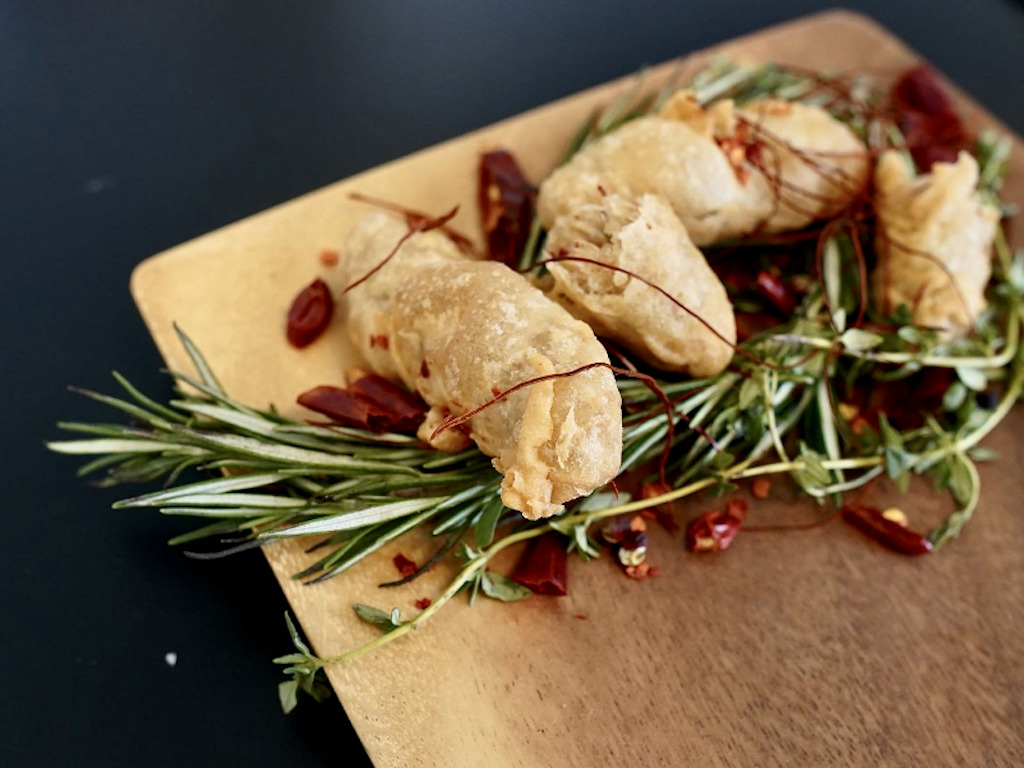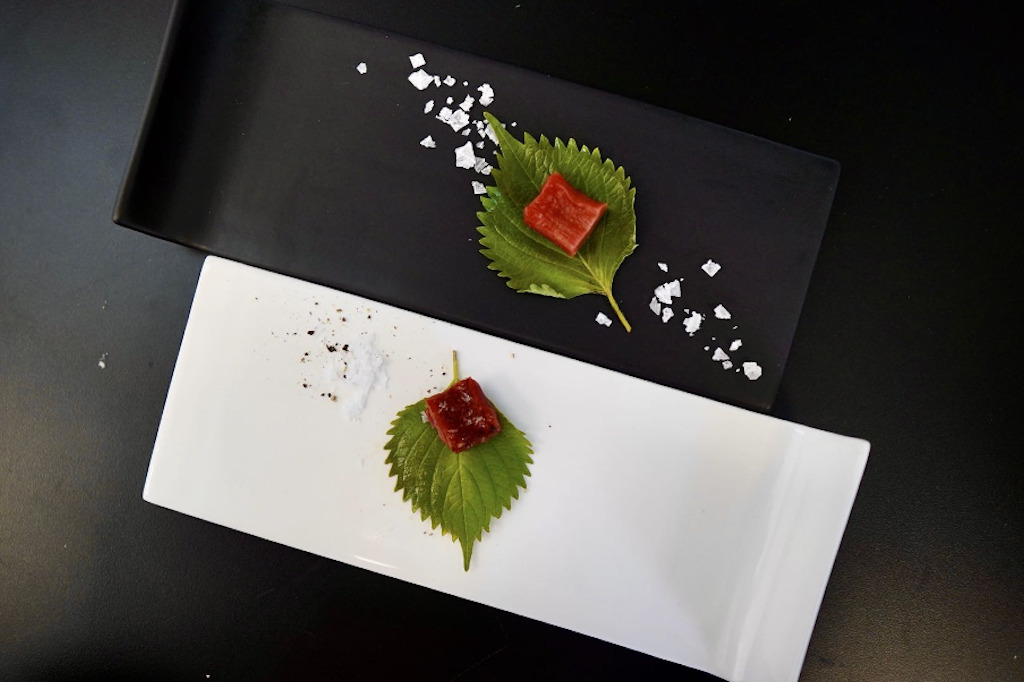China Holds First Cellular Agriculture Forum To Embolden Cultivated Meat Progress
4 Mins Read
Food security and a growing demand for protein is on every government’s mind. A new cultivated meat industry association, the China Cellular Agriculture Forum, held its first event last week and was attended by approximately 30 companies within the cultivated sector. Key on the agenda? To help create a sustainable, secure animal protein future in China using cellular agriculture.
The forum involved multi-stakeholder discussions around the progression of regulatory frameworks, consumer acceptance of cultivated products, and best practices for those operating in the sphere. Looking ahead, the group hopes to orchestrate a country-wide effort to further cultivated science and lay foundations for a successful domestic market.

China’s need for alternative meat sources
China’s appetite for animal protein is growing. The average person in China currently consumes 49.3 kilograms of pork, poultry, and beef combined, per year. By volume, it is the world’s largest consumer of meat and by all accounts, demand will continue to increase due to an expanding middle class and higher disposable income levels.
China relies on a mix of domestic animal agriculture and meat imports. Supply chain disruption can be painful, as was the case with the African Swine Fever outbreak in 2019, which decimated up to one-quarter of the country’s pork meat supply. This raised questions about the country’s food security and opened conversations about alternative protein sourcing. With global food supply chains in flux and the environmental footprint of animal agriculture problematic, developing a domestic cultivated meat sector could be key for Beijing.

The first Chinese forum to make cultivated meat a reality
Domestic cultivated meat companies in attendance at the first China Cellular Agriculture Forum included initiator Shanghai’s CellX, Hong Kong-based Avant Meats and Nanjing-located Joes Future Food. International participants with significant interest in the future Chinese market also joined, such as Israel’s Aleph Farms and SuperMeat, Californian pioneers Upside Foods and BlueNalu, Singapore’s TurtleTree Labs, and the Netherlands’ Mosa Meat. Multiple research institutions and industry partners were represented.
Discussing the current regulatory framework, international food law expert Wilfred Feng noted that “there are four key regulatory issues to work on, including nomenclature and categorization of products, the data requirement and protocols for pre-market clearance, the consensus of industry-best-practice, and the licensing of food production in China.” He concluded that the Chinese government has presented signs that it is open to and supportive of new cultivated technology. He theorised that now is a good time to begin communicating in earnest with officials, to push for developments.
Feng was no doubt referencing President Xi’s recent speech which suggested that being constrained by conventional protein sources is no longer a viable plan for China. He specifically spoke of biotech and plant sources as solutions. This was widely regarded as further endorsing cultivated meat and future foods, both of which were cited in China’s five-year agricultural plan in January this year.
China’s meat sector offered supportive attitudes to the burgeoning cultivated sector. Spokespeople from the China Meat Research Center and China Meat Association attended the forum. The former stated that the sector is revolutionary but dependent on a lot more work to create a framework for success. The latter lent support to the idea of building a structured platform for cultivated meat, from which to leverage better dialogue with government officials.

China’s cultivated sector wants progress
China-based cultivated meat startups have recognised the need to work together to progress the sector’s framework. The forum allowed multiple interests to come together and agree that a synergistic way of working will be the fastest way to bring products to market.
“I believe the forum today is a great starting point for more collaborations between companies within China and with international players interested in entering China,” Ziliang Yang, CEO and co-founder of CellX said in a statement.
Including cited international players in the forum offers a unique opportunity to provide Chinese regulators with framework templates from other countries. Singapore in particular could prove a useful ally, given that it already has cultivated chicken in the market. Avant Meats CEO and co-founder, Carrie Chan, iterated that this would stand for the alternative seafood sector as well, specifically for food safety parameters and legislation efficiency.

Collaborative cultivated efforts creating movement
China’s Cellular Agriculture Forum is one of a handful of new organisations’ efforts to progress the global cultivated sector’s agenda, worldwide. Last month saw the launch of the APAC Society for Cellular Agriculture (APAC-SCA). Founded as a coalition between multiple cultivated meat startups, the association announced its plans to focus on knowledge sharing and consumer acceptance.
In December last year, Cellular Agriculture Europe was established, in Belgium. 13 companies joined, including cultivated pioneer Mosa Meat. Members are working together to form relevant committees and strategic networking groups. These are designed to progress relationships with future consumers and speed up regulatory legislation.
Lead photo by CellX.





